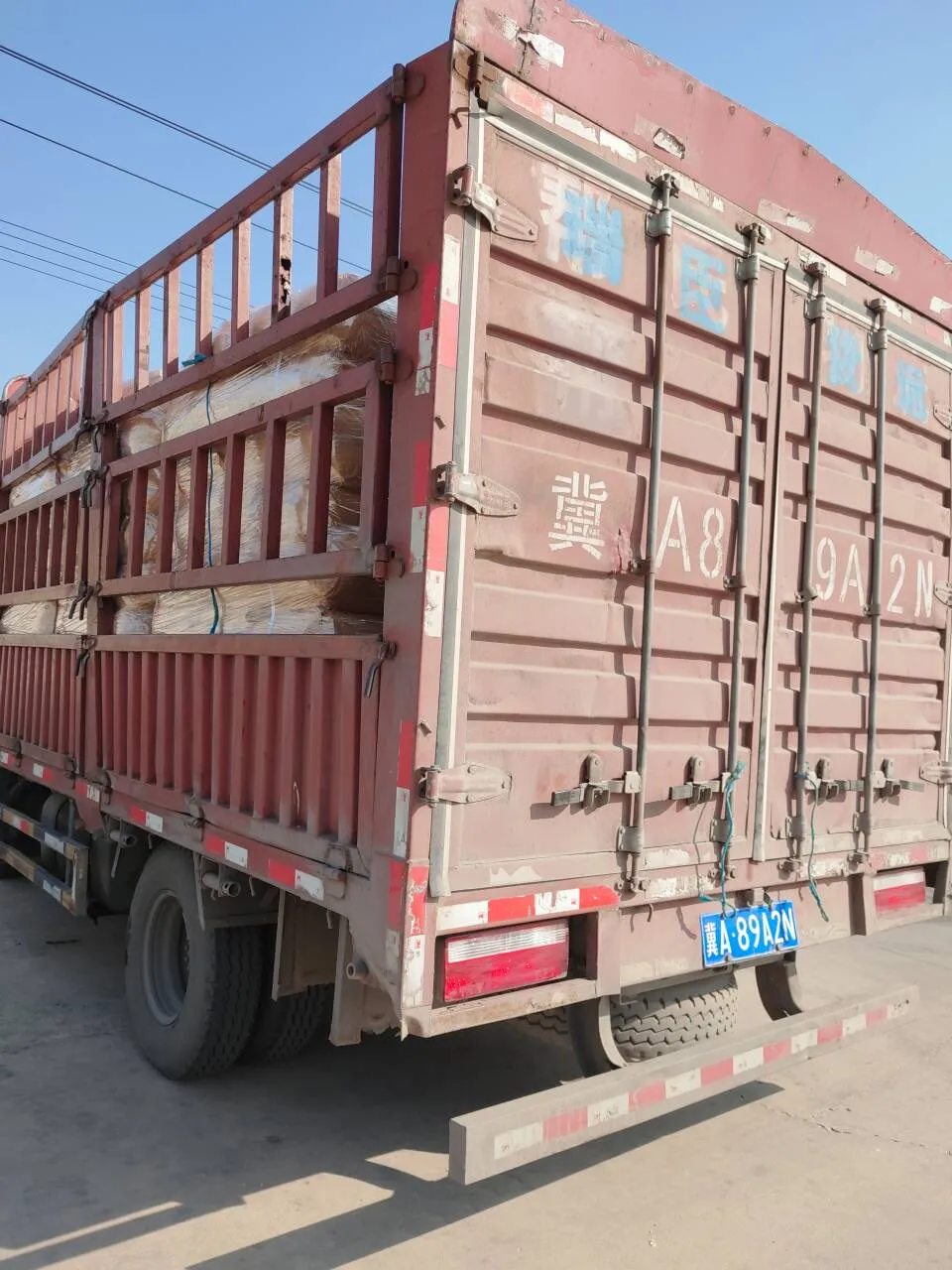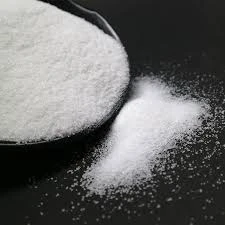

The oil industry benefits from cross-linked polyacrylamide primarily in enhanced oil recovery (EOR) processes. Here, CLP is used to modify the viscosity of water injected into oil reservoirs, improving sweep efficiency and allowing for the extraction of additional oil. This results in increasing the yield from established wells, thereby optimizing resource extraction and reducing the need for new drilling operations. Engineers in the petroleum sector consistently explore advancements in CLP formulations to further enhance oil recovery operations, often consulting with polymer scientists to push the boundaries of current technologies. Despite its widespread utility, the use of cross-linked polyacrylamide is not without challenges. Concerns regarding the environmental impact of residual acrylamide monomers and the need for sustainable disposal methods continue to drive research and development. Companies engaged in the production of CLP are increasingly focused on innovations that minimize environmental footprints, exploring biodegradable alternatives and improved synthesis methods to enhance product safety and eco-friendliness. Industry experts advocate for informed usage of cross-linked polyacrylamide, suggesting that stakeholders remain abreast of regulatory changes and technological advancements to fully harness its capabilities while maintaining compliance and ethical standards. Collaborative efforts between technologists, regulators, and consumers are pivotal in driving the sustainable growth of this essential material. In conclusion, cross-linked polyacrylamide stands as a testament to the power of advanced materials in addressing contemporary industrial challenges. Its implementation across water treatment, agriculture, and oil recovery confirms its versatility and effectiveness. As industries continue to evolve, the importance of such materials in promoting innovation, efficiency, and sustainability only becomes more pronounced, reinforcing the need for continuous exploration and responsible application.

